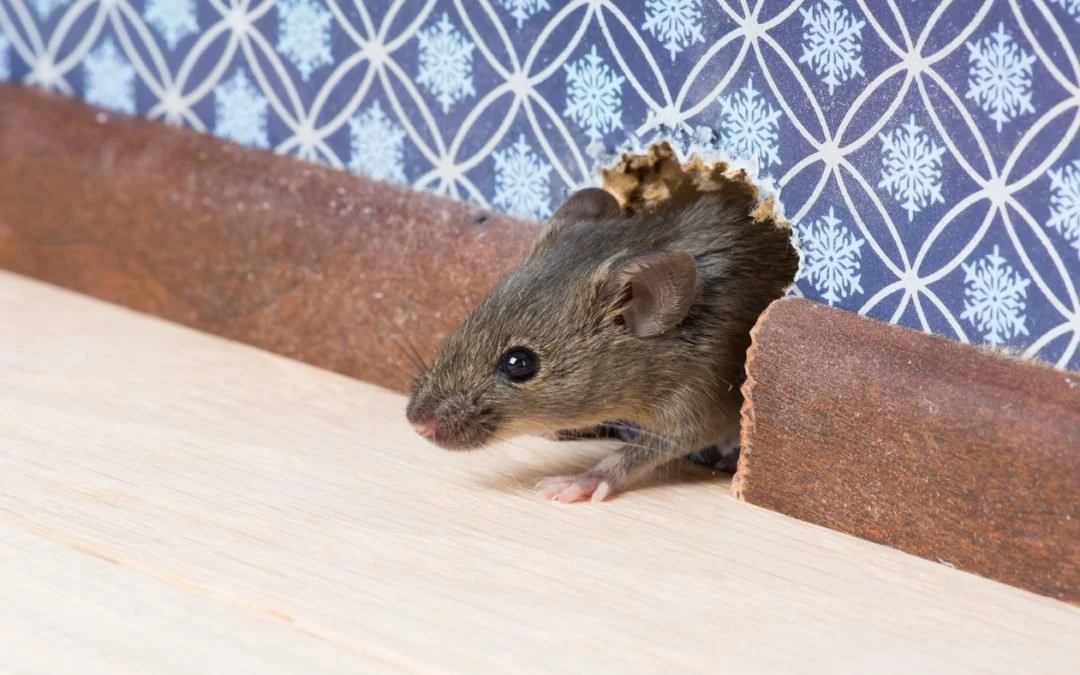
Wildlife Removal & Pest Control in Burlington, Oakville, Milton, Niagara, St. Catherines, & Surrounding Areas
The Complete Solution for Pest-Free Living.
Turning your pest-free dreams into reality in Burlington, Oakville, Milton, and surrounding areas. Our expert team is here to guide and support you every step of the way, ensuring your property remains safe and protected with reliable wildlife removal and pest control solutions.
20+
Years Experience
4.9+
Star Rating
100%
Guaranteed Satisfaction
Wildlife removal services
About
regional wildlife
At Regional Wildlife Services, we’re dedicated to humane animal removal, providing swift, effective solutions for homeowners and businesses alike. With over 20+ years of experience in wildlife control, Sean Thornton knows exactly what it takes to deal with nuisance animals quickly and efficiently. Sean is deeply familiar with the Halton region, including Burlington, Oakville, and surrounding areas.
Our team of skilled wildlife removal technicians specializes in handling common nuisance animals such as raccoons, bats, skunks, birds, and more. Whether it’s a raccoon in your attic, birds in your ducts, or skunks under your deck, we’ve seen it all—and we know how to resolve it.

Let's get rid of those nuisance animals
If you'd like to talk about our services and how we can help you, please call us now or submit a quick response contact form












